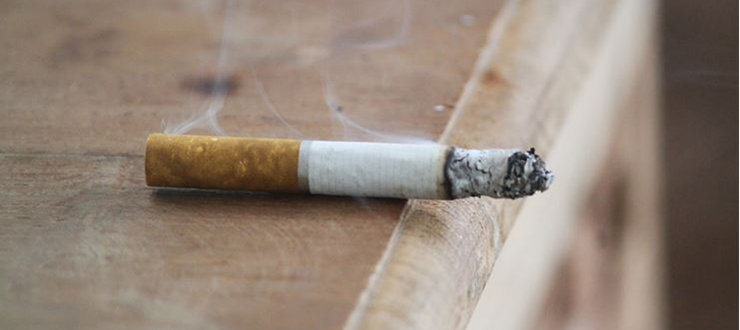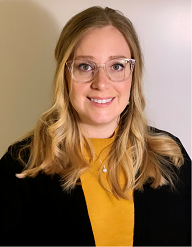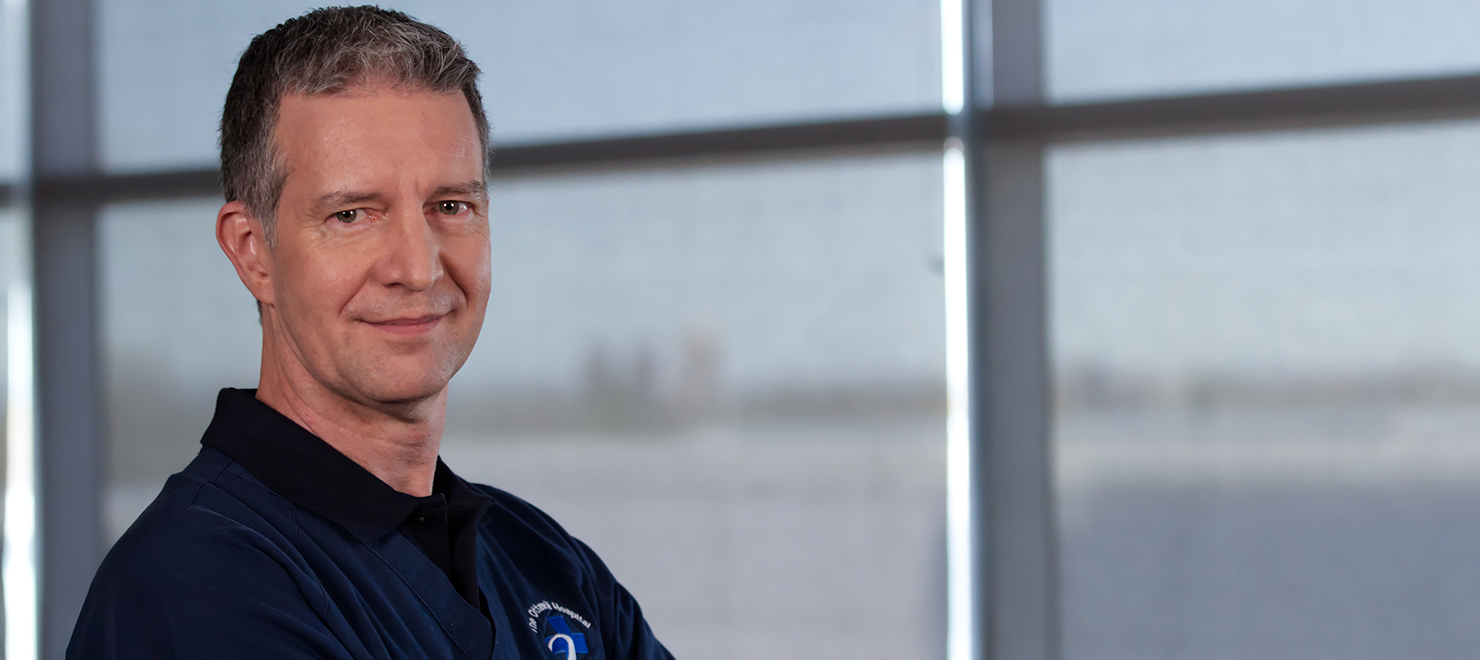
How do I quit smoking?
I’ve smoked my whole life. How can I stop?
Do quit smoking products and programs really work?
If you have ever asked yourself these questions, you’re not alone. Emilie Serano, an advanced practice nurse in the Smoking Cessation Program at the University of Ottawa Heart Institute, hears them from people every day. More and more Canadians are reaching out for help to quit smoking.
Despite how daunting it might feel, especially amidst the stress of a pandemic, quitting for good is possible. The Ottawa Hospital has supportive, evidence-based stop smoking programs to help you.
Read Emilie’s answers to FAQs about quitting smoking.
The health hazards of smoking are well documented, and if you’re a smoker, you’re likely well-aware of them. According to Health Canada, “There is strong medical evidence that smoking tobacco is related to more than two dozen diseases and conditions. It has negative effects on nearly every organ of the body and reduces overall health. Smoking tobacco remains the leading cause of preventable death and has negative health impacts on people of all ages: unborn babies, infants, children, adolescents, adults, and seniors.”
So, if smoking is so unhealthy, why do people do it?
Stressful times (like a pandemic) can trigger unhealthy behaviours
Although smoking has been an important health topic for decades, it is especially significant during the COVID-19 pandemic. Research directly linking smoking rates to the COVID-19 pandemic are still underway, but a synopsis from Public Health Ontario suggests that the conditions are ripe for an increase in smoking rates.
“Although we did not identify studies addressing smoking and relapse from abstinence during an epidemic, previous studies have suggested that people who smoke and are exposed to natural disasters tend to smoke more than those unexposed and that people with past smoking are more likely to relapse. Activities such as smoking and other substance use could increase, not only as a form of distraction or behavioural avoidance strategy, but also as a result of the stress, anxiety or depressive symptoms that many are experiencing during the COVID-19 pandemic. There is also concern that these changes could lead to relapse from abstinence.”
In other words, we know that people who experience a stressful event may try to cope with it by starting smoking (if they had quit in the past) or smoking more (if they currently smoke). And for many of us, the pandemic has been very stressful.
Don’t be deceived: Smoking doesn’t lower stress—it fuels it
“Smoking increases your heart rate, your blood pressure, and your fight-or-flight response,” said Emilie. “What you’re actually reacting to when you light a cigarette is not stress, but a craving caused by stress. What your body really wants is more dopamine. When you give your brain the dopamine, you feel relieved – so it creates a false impression that smoking actually helps with stress.”

So what can you do if you want to quit smoking but aren’t sure how? The Ottawa Hospital has several smoking cessation programs to help patients in the hospital and people in the Ottawa area.
Smoking cessation programs at The Ottawa Hospital
The Ottawa Model for Smoking Cessation
The Ottawa Model for Smoking Cessation is an evidence-based process to help people who are receiving care in the hospital quit smoking. The program was developed by the University of Ottawa Heart Institute and is used at hospitals across Ontario.
The Quit Smoking Program
The Quit Smoking Program at The University of Ottawa Heart Institute is led by a nurse who specializes in smoking cessation who will give you one-on-one support through your journey. Together, you will make a personalized “quit plan,” which may include medication. Follow up appointments are scheduled monthly for six months. You can refer yourself to the program, or ask your doctor to refer you.

Support patient care and research at
The Ottawa Hospital
You might also like…
Celebrating the summer solstice and National Indigenous Peoples Day: A photo essay
The summer solstice has deep spiritual and cultural significance for Indigenous communities around the world. Last week, we joined CHEO and uOttawa for a special celebration to mark this important time of year, and to recognize the rich cultures of First Nation, Inuit and Métis Peoples.
Aging well: Guidance for older adults
In this special video series for both older adults and their loved ones, geriatric care specialists from The Ottawa Hospital offer guidance on navigating common health-care challenges that may arise with aging.
A guide to services at The Ottawa Hospital for Indigenous patients and families
At The Ottawa Hospital, we are committed to providing culturally safe care for First Nation, Inuit and Métis patients and families. We are working with Indigenous partners to identify ways we can make your time in hospital more welcoming. Here are some of the ways we’re doing that now.
How to stay safe around water this summer
Drowning can happen to anyone — even strong swimmers. Emergency physician Dr. Christian Vaillancourt debunks common myths about drowning, explains how to act quickly to save a life, and shares what you can do to keep yourself and your loved ones safe around water.
What’s the difference between an optician, optometrist, orthoptist and ophthalmologist?
“Do I need to see an optician, optometrist, orthoptist or ophthalmologist?” We asked Ophthalmologist Dr. Annick Fournier to break down each role so you will know who to consult for your specific eye care needs.
Understanding rabies: Risks, vaccination and what to do after a bite
Although rare in Canada, rabies is almost always fatal once symptoms appear. Infectious diseases expert Dr. Michaeline McGuinty shares how rabies is spread, when to get vaccinated and what to do after a bite.


 To reset, hold the Ctrl key, then press 0.
To reset, hold the Ctrl key, then press 0.





